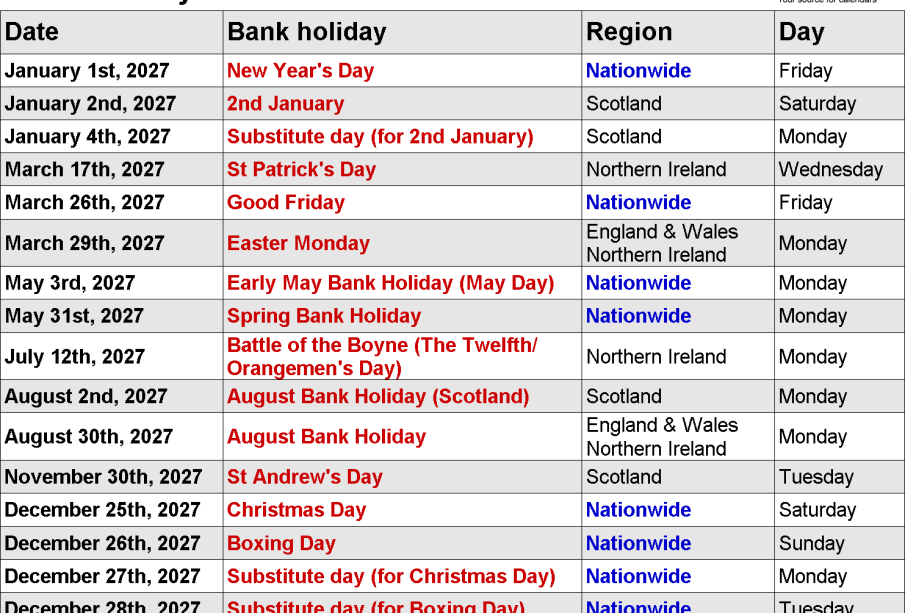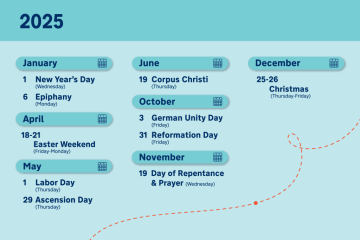Is Easter Monday Considered a Bank Holiday in the UK?

The Importance of Bank Holidays in the UK
Bank holidays are crucial to the UK’s calendar, providing a break for employees and an opportunity for revellers and families to enjoy leisure activities. Among the public holidays observed each year, Easter Monday stands as one of the significant dates that impact millions of people across the country.
Understanding Easter Monday
Easter Monday falls on the day after Easter Sunday, which is celebrated by Christians to commemorate the resurrection of Jesus Christ. As Easter can vary between March 22 and April 25, Easter Monday is equally movable. It is often a time for family gatherings, outdoor activities, and even community events.
Is Easter Monday a Bank Holiday?
In the UK, Easter Monday is indeed a bank holiday in England, Wales, and Northern Ireland. However, for those in Scotland, it is not classified as a bank holiday. Instead, Scotland observes different public holidays, leaving Easter Sunday and the following Monday without formal bank holiday status. This distinction is important for businesses, schools, and workers, as it affects holiday schedules and pay.
Current Observations and Public Sentiment
With the rise of public interest in work-life balance, Easter Monday remains a widely appreciated holiday, allowing families and friends to bond during the spring season. Recent surveys indicate that many people view it as an essential holiday for relaxation and social activities, with various events planned across the UK – from egg hunts to festivals.
Conclusion: The Significance of Easter Monday in Modern Society
As part of the UK’s bank holiday landscape, Easter Monday serves a dual purpose—it bridges cultural traditions and provides practical time off work. As society evolves, discussions about the designation and observance of holidays continue to grow, calling into question whether additional days or adaptations might be necessary in the future. For those who celebrate, Easter Monday remains a cherished occasion not just for its historical and religious significance, but for its opportunities for community and familial connection.









